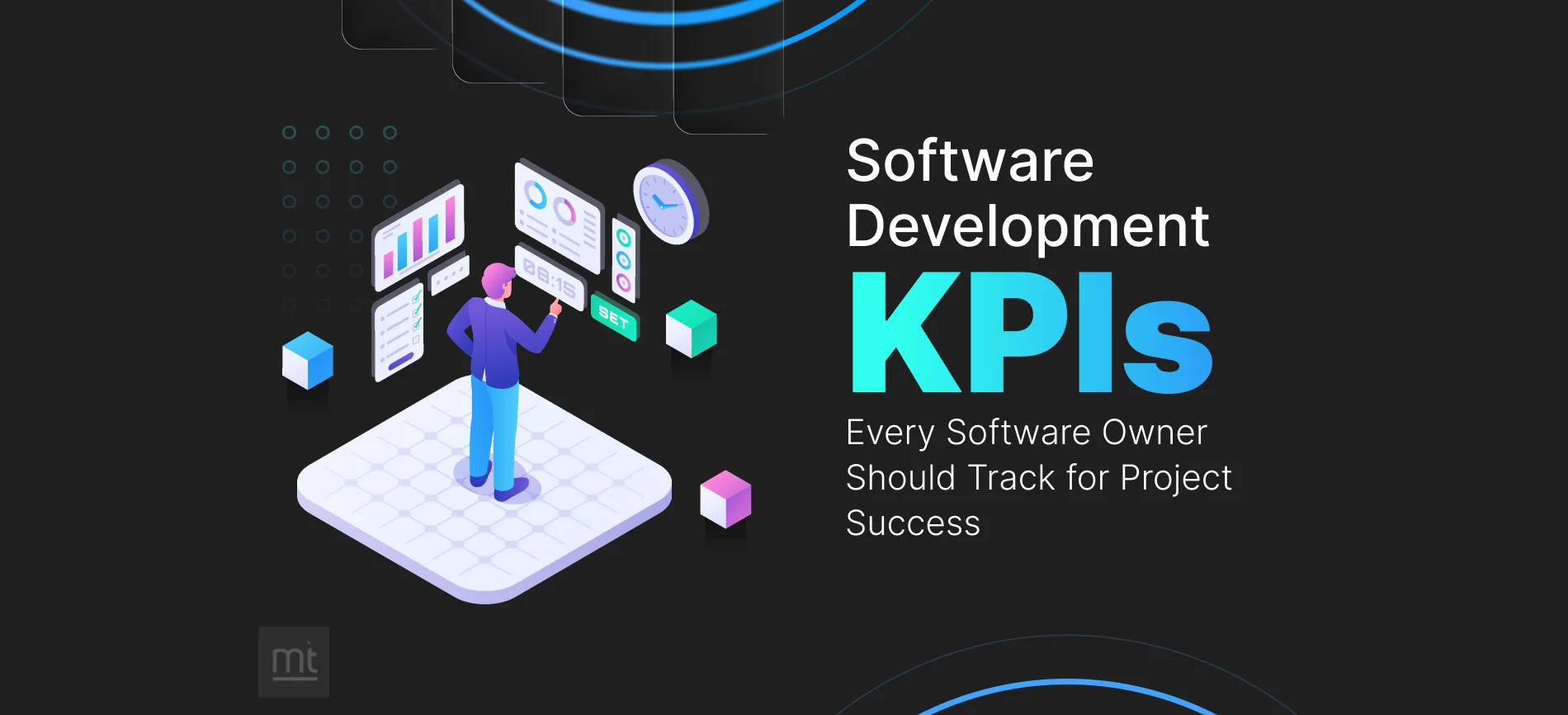Get Free Trial Week Developer Access, Try Before You Hire. Click Here to Claim Now
Introduction:
Java is a popular programming language that has been used for decades for developing enterprise-level applications and software. Though the language demand stays high, many scenarios related to Java applications have changed. Today, the paradigms of operations and marketing have changed. Every process needs to be advanced and smart. The systems and processes are getting more complex and complicated. Can we rely on this conventional Java programming introduced some decades ago? Traditional Java keeps the developers away from the kind of agility they require in development today. A java developer needs a fast mechanism to code, comply, test, deploy and continue this cycle till the desired result is achieved. Java modernization can help java developers in attaining this agility.
Java modernization is transferring the legacy applications built on traditional Java to a modern platform by breaking the conventional components into smaller components, such as microservices, to modernize the architecture while keeping the original features intact.
Top Reasons to Modernize Your Java Applications
Here are some of the significant reasons for Java modernization.
#1. Resource Optimization
Migrating from a JVM-based application to a Java application based on containers can help you save resources. Enterprises are leveraging Java modernization to optimize resource utilization and efficiently share workload using container orchestration platforms. In addition, modern libraries and tools use fewer code changes and memories, contributing to resource optimization.
#2. Faster Time-to-market
Time-to-market plays a significant role in determining the success of a product. A fast launch allows a product owner to understand the market response and make quick changes to the product. Multiple companies develop products on a similar concept and technology in this cut-throat competition. In this scenario, a faster release gives an upper edge in the competition. Using the containers and pipeline of modern Java, companies can get into faster development and frequent deployment. Java development companies integrate modern components into their legacy applications.
#3. Developing Resilience
The aim to hire a Java developer should not only be developing a Java application but a resilient Java application capable of withstanding the complexity and user traffic expected to come up in the future. You can hire a remote Java developer to use microservices to segregate different components. You can update a single component without interrupting the other processes and components. Also, there are features like continuous delivery and continuous integration to help you to roll back to the previous versions in case of any issues with new deployments. Companies are ready to hire dedicated Java developers to get Java modernization and create a future-ready application.
#4. Adding New and More Extensive Features
Over the years, a Java application can be developed by different developers, giving way to technical debt. The enterprise application may have complicated features that need to revise and simplified. Java modernization allows companies to refactor applications and keep large applications up and running along with the deployment of new features.
#5. Better Operational Efficiency
Many elements of java modernization enhance operational efficiency. For instance, using container platforms like OpenShift, all the enterprise applications can be managed very efficiently. However, Java modernization demands some cultural and organizational changes to bring operational efficiency into effect.
#6. Improved User Experience
Java modernization takes modern design principles into account. These design principles have been developed, keeping modern needs in consideration. Modernizing an application can allow companies to offer a better user experience using attractive user interfaces, mobile applications, fast response time, and other components.
Expert Tips for Java Application Modernization
You can hire Java developers in India or anywhere else in the world. However, the tips below should be kept in mind while processing Java modernization.
- Start the modernization with an application that is working.
- Progress is small steps, taking one step at a time. Make one update and one change at a time.
- Keep tests ready for every step before executing them.
- Keep a backup of the working version. Revert to it in case of any issues.
Java modernization is an extensive process that involves assessment, optimization, rationalization, and rebuilding. It is essential to choose a java runtime version with which you want to modernize your Java application
Conclusion
Companies and enterprises are looking forward to using cloud technologies and modern programming models to make their applications fast and scalable. From cost-effectiveness and agility to security, Java modernization allows developers to upgrade their legacy applications in every aspect. However, it would be beneficial to modernize only the applications meant to be used in the future. Thoughtful investment in java modernization can give good results in the long run. To take a head start in the competition, assess your requirements and hire a Java developer to update the invaluable legacy applications and give them a new life.
Subscribe to Our Newsletter!
Join us to stay updated with our latest blog updates, marketing tips, service tips, trends, news and announcements!





















